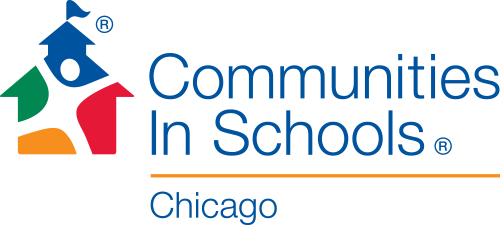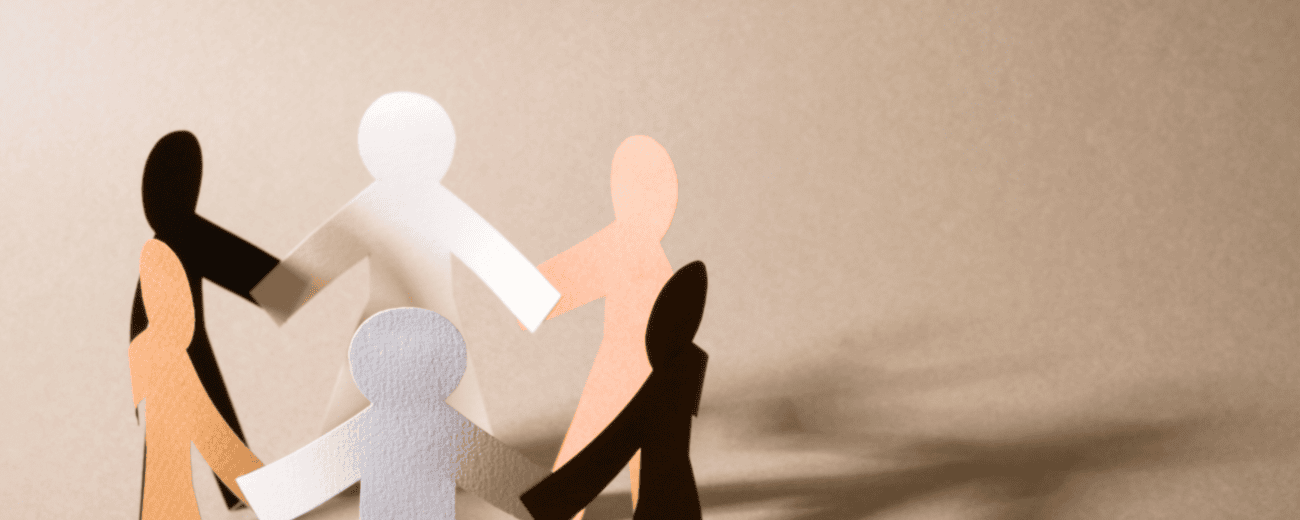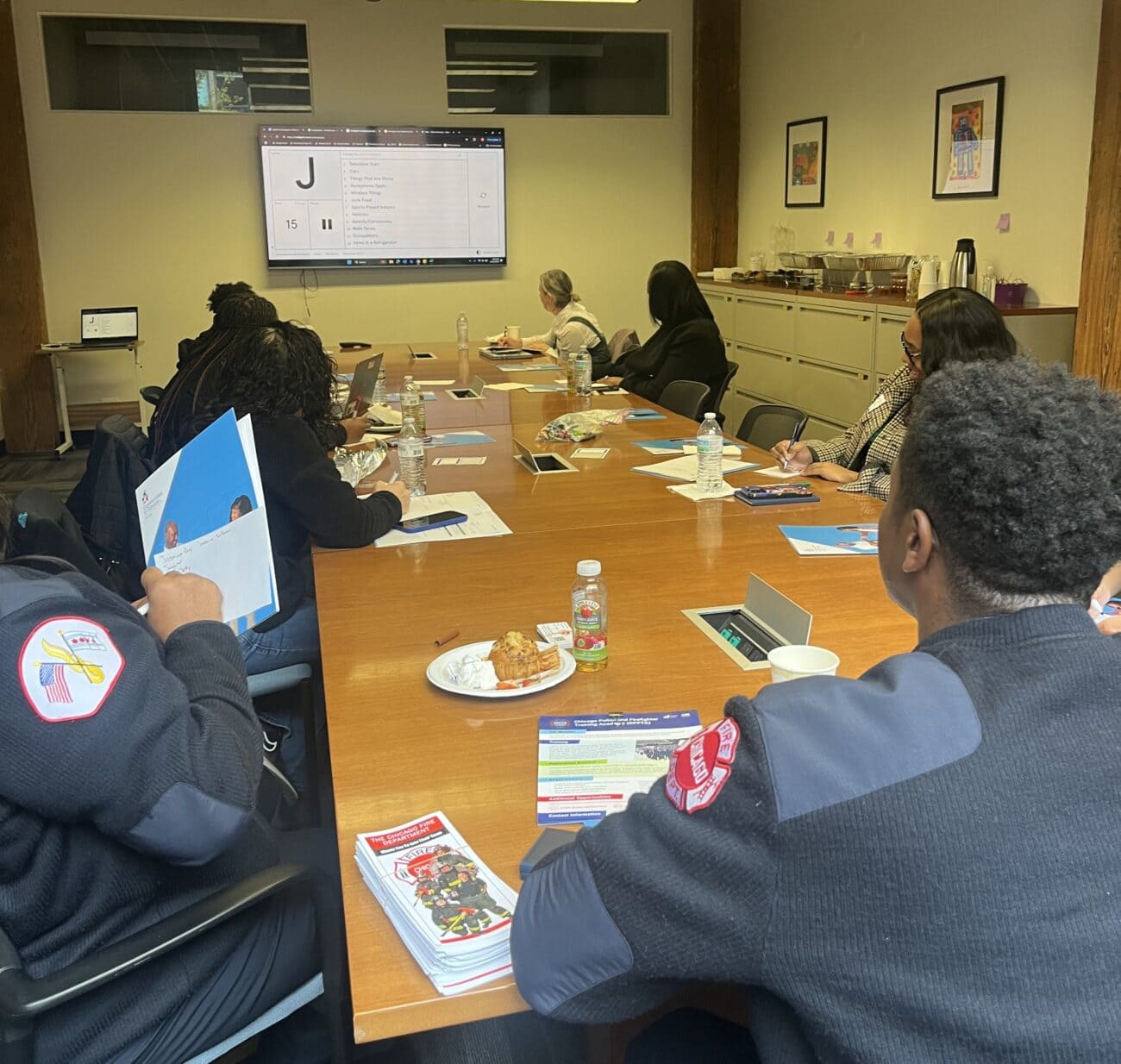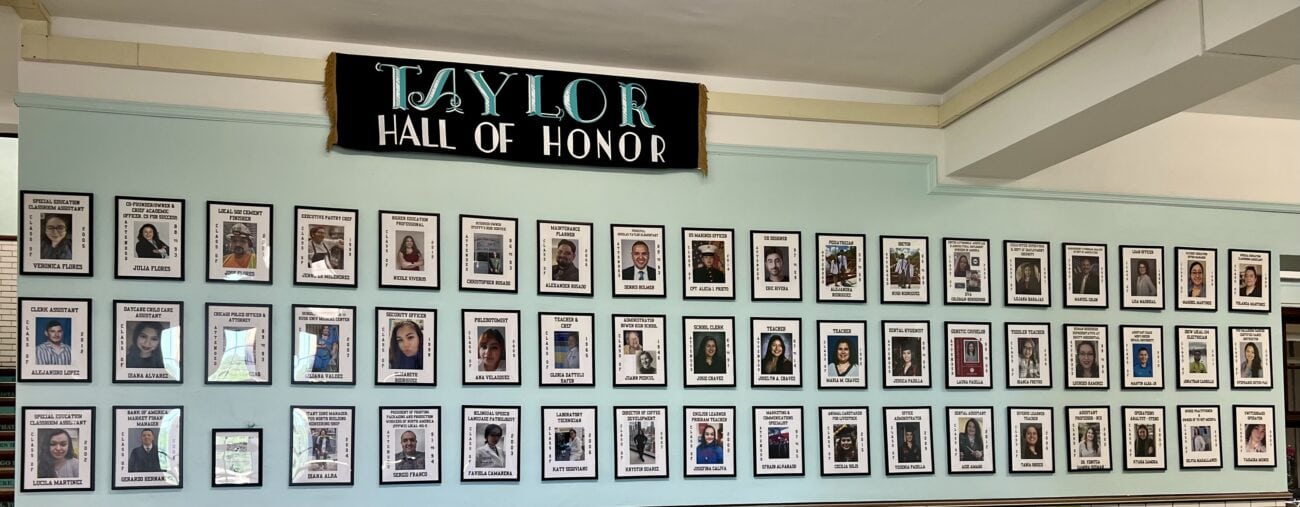Food insecurity impacts almost 1 in 7 families with children in America. In the Chicago region the rate is almost double, with a quarter of Chicagloand families estimated to have limited or unreliable access to nutritionally adequate food.
The U.S. Surgeon General notes that food insecurity poses significant healthcare and social costs for society, including managing diet-related chronic conditions like diabetes. In low-income families, which are disproportionately impacted, tough choices may ensue. Spending more on often expensive fresh food may mean less money for essentials like medicine, utilities, and rent. In other cases, healthy options may not be readily available. A report by the Illinois Department of Public Health, for example, found that 1.25 million state residents were living in ‘food deserts’ located far from supermarkets with fresh-food options.
Students across PK-12 are particularly vulnerable to the impacts of limited nutrition and calories in their diet. Research cited by Feeding America reveals an association between food insecurity and other issues like poverty, delayed development in young children, a risk of chronic illness like asthma and anemia, and behavioral challenges including hyperactivity, anxiety, and aggression.
One organization tackling food insecurity head-on is Big Green, a long-time CIS partner whose mission is to get everyone in American growing food. Big Green defines this as much more than an act of farming, but as a transformational act with wide-ranging impact. The organization’s co-founder, Kimbal Musk, has said, “We believe growing food changes lives. It fundamentally changes your connection to nutrition security… It also is very good for mental health – going out in your backyard or going out in your school or community garden. It helps you… calm yourself, gets you out into nature. And when you’re growing food it also opens your eyes to the weather volatility that comes from climate change.”*
During the past 12 years, the organization has collaborated with communities across the nation, including here in Chicago, to build a network of more than 700 school “Learning Gardens.” During the height of the pandemic when in-person access to schools was limited, Big Green innovated what it calls the first decentralized nonprofit-led philanthropic entity.
Called the DAO (Decentralized Autonomous Organizations), the entity currently comprises more than 100 national food justice organizations working to increase all residents’ access to healthy, nutritious, and affordable food. Working in collaboration with mostly small-scale donors, the DAO awards grants to nonprofits focused on farming and community food development. The grants support projects that improve access to healthy, locally produced food in under-resourced communities. Mr. Musk has described the DAO model as highly efficient and scalable.
As the DAO has grown, Big Green has sought to support the capacity of its member organizations – many of which are small, community-based organizations. In early October, it hosted its Big Green Annual in Denver. The multi-day event, designed by DAO members for DAO members, provided opportunities to network and build organizational competencies in areas like fundraising, strategic planning, goal-setting, and accounting essentials. CIS of Chicago’s Chief Operating Officer and Clinical Director, Dr. Judith Allen, was invited to present two sessions at the Annual.
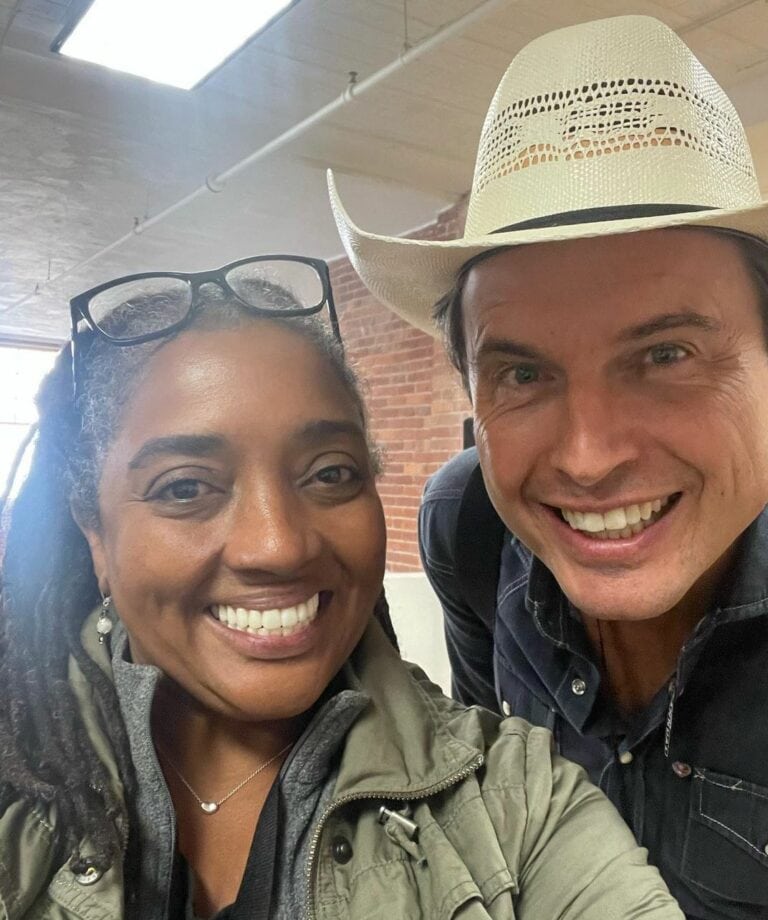
One session taught DAO members how to effectively communicate their core messages effectively to bring energy and support to their mission-driven work. “We talked about the 5 key steps to get your core message across, and how it involves self-reflection,” said Dr. Allen. “Its about the sizzle as much as the steak. What’s the problem you’re addressing and why should people care about it? Who are your target audiences, and who are your biggest champions and validators? And who do you allow to tell your story? Is it just the executive team, or do you go deeper to identify people with relevant skills and experience to include in the mix? When you do that,” Dr. Allen added, “you can build a strong pool of organizational speakers.”
In Dr. Allen’s second session, she helped DAO members identify organizational strengths – but by first taking stock of organizational risks and relative weaknesses. “It’s understandable that mission-driven people are generally positive and take on faith the positivity of the work they’re doing, but they also need to be honest with themselves. What do they struggle with? And what keeps them up at night worrying because its a threat to your brand? When you know those things, you can be better prepared, and that also helps you execute your mission and core work more effectively day to day.”
Participants explored conducting a SWOT analysis as well as building contingency plans to build sustainability. Reminding participants that their organizations learned to pivot and adapt during COVID, Dr. Allen encouraged the DAO organizations to continue honing those skills. Dr. Allen also encouraged participants to identify the range of stakeholders who are invested in the success of their work, and to use that understanding to take stock of their organization’s strengths and weaknesses, as well as the threats posed by competitors, socio-political-economic events, broader industry/social trends, and even technology.
A core value of CIS of Chicago is social justice and its mission is centered on helping achieve equitable education outcomes for our students and school communities. Increasing families’ access to locally grown, nutritious food fits squarely within that framework. And the cutting-edge design of the DAO may eventually become a model for other nonprofit organizations to adopt to address other equity issues impacting our young people. That’s an idea we’re happy to help support.
*Excerpted from Mr. Musk’s interview by the ARKK Investment team
